healthcare
April 7, 2022
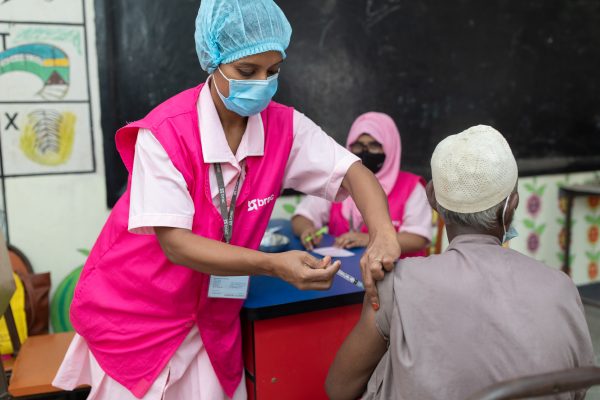
Published by Dr Morseda Chowdhury at Apr 07 2022
Categories
BRAC is currently the hub of the world's largest non-government network of community health workers. Across Bangladesh, this network of 50,000 women are taking essential healthcare to the doorsteps of families and reaching the last mile, standing by 80 million people every year.
September 27, 2018

Published by BRAC at Sep 27 2018
Categories
Tuberculosis remains the world's deadliest infectious disease. The United Nations General Assembly held its first ever high-level meeting on ending TB. BRAC's Sir Fazle Hasan Abed spoke on Bangladesh's journey so far in combating the disease.
July 11, 2018
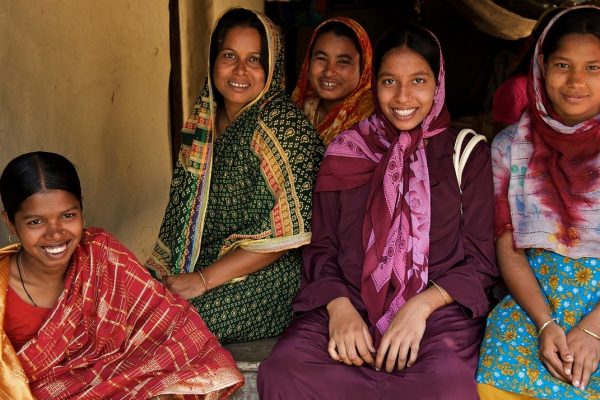
Published by Bibi-Aisha Wadvalla at Jul 11 2018
Categories
1 in 10 adolescent girls in Bangladesh give birth before the age of 15. The health and socio-economic consequences are enormous, making it crucial to provide all adolescents with contraception.
June 12, 2018
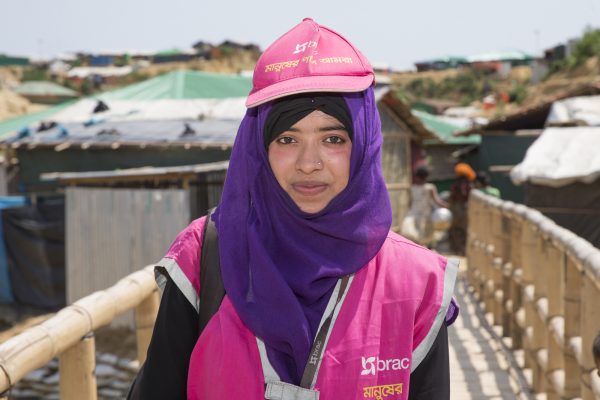
Published by Farhan Patwary at Jun 12 2018
Categories
In 2016, TB claimed the lives of 1.3 million people across the world. Four million cases of TB have been undocumented or not reported. One of the bizarre features of TB is that it remains inactive, producing no symptoms, for long periods of time.
May 28, 2018

Published by Bibi-Aisha Wadvalla at May 28 2018
Categories
Making motherhood safe in Bangladesh is an achievable goal, but we have a long way to go before safe motherhood is a reality for all. The most fatal complications are easily preventable, and with quality care and facilities, we are striving to get there.
May 6, 2018

Published by Bibi-Aisha Wadvalla at May 06 2018
Categories
Bangladesh is on a drive to train more midwives, a step seen as critical to reducing the maternal mortality rate. The country’s ratio of home deliveries vastly outnumber births at health facilities. In rural areas, it’s estimated only 20% of women give birth with a skilled birth attendant present. On International Day Of The Midwife, we honour women who are saving lives.
April 11, 2018
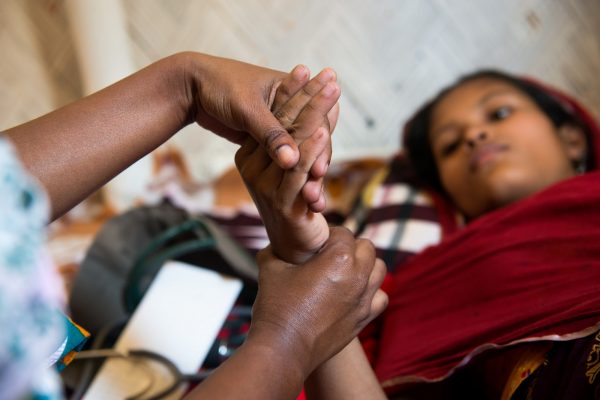
Published by Mahmoud Homsi at Apr 11 2018
Contrary to popular belief, Noor had a clear understanding of what family planning is, and her husband was supportive of it - she had delivered her daughter with the help of a midwife at that very same health facility. She was encouraged to have her child here by a Rohingya traditional birth attendant– a volunteer in BRAC’s health team.
December 18, 2017
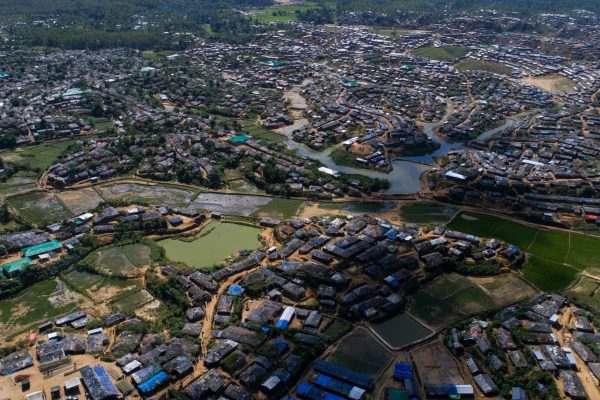
Published by Iffat Nawaz at Dec 18 2017
A diphtheria outbreak in the Rohingya makeshift settlements has killed 20 people as of December 17, 2017. With 1,500 suspected cases, the number is growing. The 656,000 Rohingya people who sleep every night without electricity, dream in the colours of recent trauma and wake up to uncertainty, cannot afford to be hurt further.
February 22, 2017
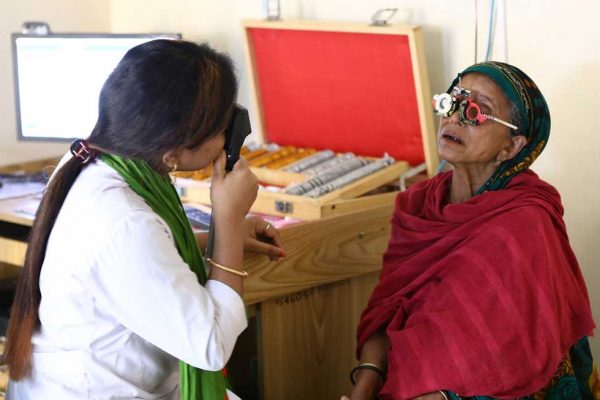
Published by Farhadul Islam at Feb 22 2017
Categories
It is estimated that 624 million people around the world could have their vision restored if they could access eye glasses. This lack of access is costing the global economy a whopping USD 202 billion per year.
September 12, 2015
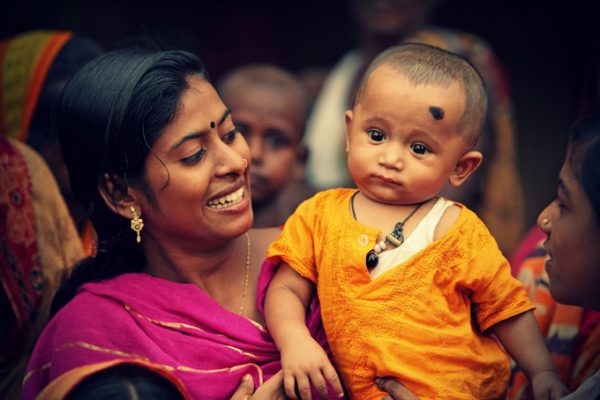
Yet like any ambitious set of targets, not all the MDGs were fully met by many countries. Rather the goals worked as a framework upon which they could build their development policies and translate the policies into action. Let’s focus on one tiny target of a goal, yet one whose impact on the coming generations is most persisting: undernutrition. Undernutrition, a form of malnutrition, is a deficiency of calories of one or more essential nutrients. Two of the most used indicators to measure undernutrition are underweight and stunting.
August 20, 2015
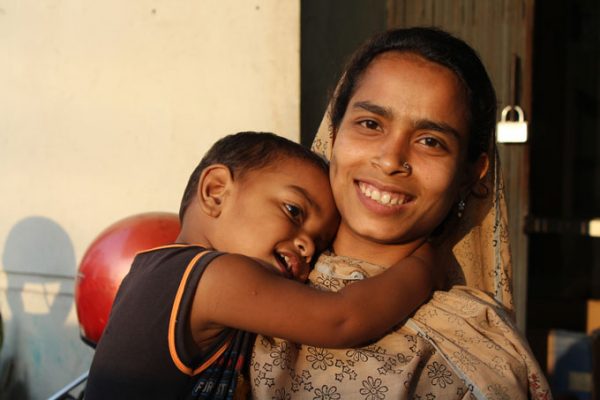
Published by Heidi Lowe at Aug 20 2015
Categories
Aarong, one of BRAC’s social enterprises employs 65,000 artisans, 85 per cent of whom are women. These artisans find an extensive support system through the Ayesha Abed Foundation, Aarong’s network of production hubs which are spread all over Bangladesh.
September 29, 2014
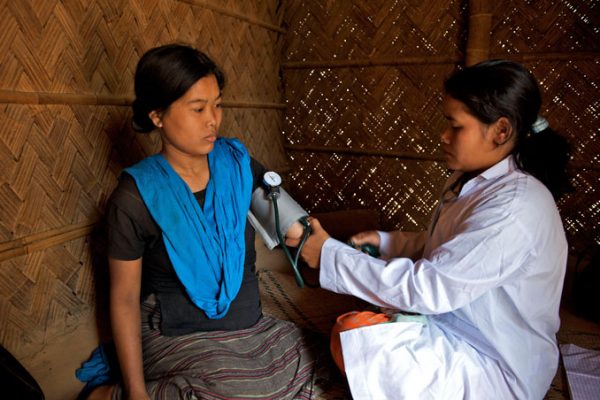
Published by Maeesha Saiara Khaled at Sep 29 2014
Heart disease is often regarded as a problem that a person is born with, or something that eventually happens in older adults. Non-modifiable risk factors like advancing age and family history are not the only reasons for heart disease. In fact, 80 per cent of premature deaths from cardiovascular disease could be avoided if modifiable risk factors like tobacco use, unhealthy diet, physical inactivity, high blood pressure (hypertension), diabetes and raised lipids are addressed.

